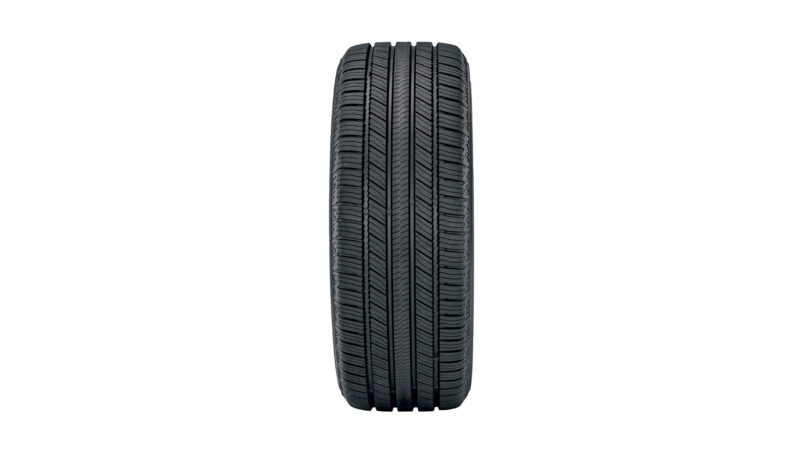Are you considering buying new car tires? With so many types on the market, it can be difficult to decide which is best for your vehicle.
In this article, we will break down the different types of car tires and explore their features and benefits so that you can make an informed decision when selecting the right tire for your needs. From all-season tires to winter tires, mud-terrain tires and more – let’s take a closer look at what options are available to you!
Factors to Consider When Choosing a Tire Type
When it comes to choosing the right tire type for your car, there are a few factors you need to consider. Firstly, look at the cost of each option and whether they fit within your budget. Next, take into account what kind of roads you typically drive on – tires designed for highways won’t perform as well on gravel or off-road terrain.
Additionally, think about the weather conditions in your area and how often you’ll be driving in them; all-season tires may not provide optimal performance during heavy rains or snowfall. Finally, compare the noise levels and comfort ratings between different brands so that you can make an informed decision about which one will best suit your needs.
Benefits and Disadvantages of Different Tire Types

When it comes to selecting the right tires for your vehicle, there are a variety of factors to consider. Each tire type has its own advantages and disadvantages that should be taken into account before making a final decision. In this article, we will break down the most common types of car tires and discuss their benefits and drawbacks so you can make an informed choice. All-Season Tires: All-season tires offer solid performance in both wet and dry conditions while providing good tread life.
These tires also have excellent stability at higher speeds, which makes them ideal for highway driving. On the downside, they may not fare well on snow or ice-covered roads as they lack specialized winter traction features like metal studs or sipes found in winter-weather tires. Performance Tires: Performance tires provide superior handling capabilities due to their stiffer construction and lower profile design with wide grooves for enhanced traction on dry surfaces. However, these types of tires wear out faster than other varieties due to their more aggressive compound makeup designed to maximize grip when cornering hard or accelerating quickly from a stoplight.
Additionally, performance tires tend to produce more road noise than standard all-season models since increased rubber contact with the pavement produces greater friction levels leading to louder sounds during operation at high speeds. Winter Weather/Snow Tires: As mentioned previously, winter weather/snow tires feature specialized tread patterns including metal studs or sipes that dig into packed snow or ice allowing drivers better control on slippery surfaces compared to all-season varieties without such traction-enhancing technologies built into them specifically for dealing with cold climate conditions when temperatures drop below freezing point levels often resulting in hazardous roadways during colder months of the year throughout many areas across North America & Europe each season annually..
Conclusion: Which Type is Best for You?
At the end of the day, it all comes down to what works best for you and your vehicle. The type of tire that will keep you safe and provide the longest service life depends on a variety of factors such as climate, terrain, frequency, intensity of use, budget limitations, desired performance characteristics – and even personal preference.
Consider each option carefully before settling on one particular type. Do some research into manufacturers’ warranties and consumer reviews to get an idea about customer satisfaction levels with different types. It’s always good to talk through your options with a qualified mechanic or technician who can give advice tailored specifically to your needs.


